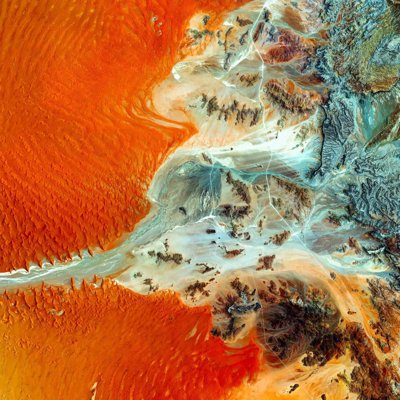What does a career in the sector look like?
Careers in international development involve working to support economic and social development in countries around the world. This can involve working in the UK or internationally to administer projects, raise or disburse funding, or assess political contexts and plan development strategies.
Technical skills can be important in roles that involve, for example, humanitarian or emergency response. It’s likely you will work on projects, in or with government or international organisations.
There are many organisations in the international development sector. Some are charities and not-for-profit organisations that range in size from a few employees in a single country to major multinational operations. Other are government departments with responsibility for international development like the FCDO, or elements of regional bodies or the United Nations such as Unicef, UNHCR or The World Health Organisation. Thinktanks and consultancies also offer opportunities.
To see real examples of geographers with careers in international development, including how they got there, visit our international development career profiles.
Cengizhan Sehir, Global Trade Programme Manager for Americas and Turkey at the Foreign and Commonwealth Office (now FCDO)
"I lead on regional activities for the Global Trade Programme. The programme’s primary objective is to utilise economic diplomacy to promote global prosperity, growth and gender impacts whilst alleviating poverty in our partner countries.”

Farhasaad Shahid, Communications Associate, United Nations High Commissioner for Refugees (UNHCR)
"I was fortunate enough to land an internship with the UNHCR at the Regional Representation for Northern Europe. After my internship, I got a call informing me that they wanted to hire me. I am responsible for managing our websites and social media platforms in eight country, as well as analysing the data from them to understand how we can perform even better and get more engagement from our audiences. I deal with organising events and projects, media pitching as well as many other tasks, all in line with our Global Communications Strategy."

Advice on getting a job in the sector
The sector is competitive and it can be challenging to find experience and land full-time roles. Volunteering or internships can be helpful, but these can also be challenging to undertake if unpaid (for example at the UN). However, there is a large range of organisations out there, from very small charities to huge grant-making organisations, so consider a wide range of options and see what may be possible in your local area to build experience.
Another thing to consider is that specific technical skills may be in greater demand in the sector than general roles. For example, you could look at using GIS skills in an international development context, and gain experience via organisations like Missing Maps, GIS Corps, Humanitarian Open Street Map or MapAction. Adding other qualifications could open even more niches – for example, gaining skills in accounting.
Availability of internships and roles can also vary by organisation type. Stay up to date with developments in the sector (such as the recent merger of the Foreign and Commonwealth Office and Department for International Development) and keep an eye on organisations you might like to join for jobs coming up.
Speculative applications are an option, but make sure you showcase how you can apply your skills – technical skills, soft skills and anything that makes you stand out. In international development, language skills are also often highly desirable and a willingness to travel can be important.
Farhasaad Shahid, Communications Associate, United Nations High Commissioner for Refugees (UNHCR)
"You should stay patient and not give up. The international development sphere can be extremely difficult to get into. Gain relevant experience, do internships, volunteer, study relevant subjects, and show that you know how to go outside your comfort zone. International experience almost always helps in nailing a career with organisations like the UN. But it is also important to have particular skills you are excellent in which can help make life a little easier when you are trying to stand out from other applicants”

Cengizhan Sehir, Global Trade Programme Manager, Americas and Turkey at the Foreign and Commonwealth Office (now FCDO)
"Think about how you may be able to contribute to the FCDO’s goals. Having a desire to understand how the world works, keeping an open mind and being adaptable are all key traits”

Natalie Fairchild, Operations Specialist, Kenyon International Emergency Services
"It is quite a niche industry, but the importance of commitment to understanding the many elements and complexities of the job is significant in managing disasters. Dealing with tough situations, including being at the forefront, faced with people who are going through their worst times requires strength and resilience to be professional. Passion is the driving force to giving your 100% at all times and to excel in this industry.”

More resources
International development careers guides and advice
-
CharityJob - A Guide to Working In International Development
-
Prospects – Job profile – International aid/development worker
-
Guardian - 12 tips for getting a job in international development
-
BOND - development careers advice
National Career Service job profiles for:
Links to relevant publications and lectures
Featured image: @karsten_wuerth/Unsplash
